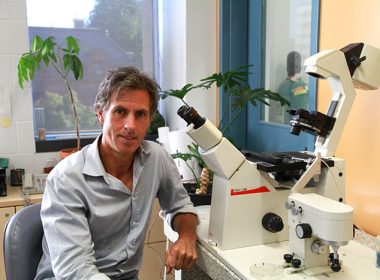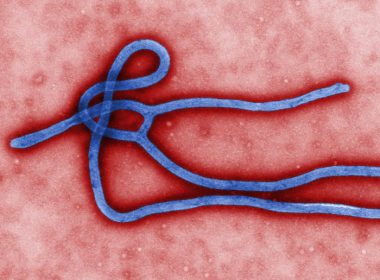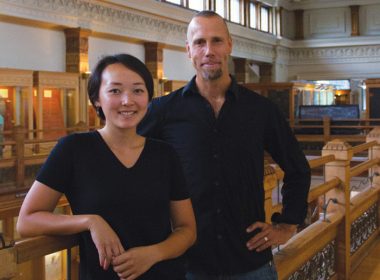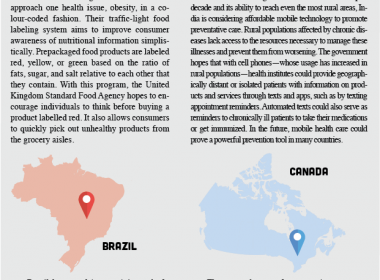Another year, another iPhone—or two.
Science & Technology
The latest in science and technology.
Breaking the ice on ALS
When internet trends hit, it doesn’t take long until everyone and their grandmothers are taking part.
C. Elegans worms its way into our hearts
Professor Richard Roy, best known for teaching the second half of the morning section of BIOL 200, administers some of the most challenging exams at McGill.
Ebola strikes back
As far as infectious diseases go, Ebola is the new kid on the block. It was first identified in 1976, when two simultaneous outbreaks occurred in Western Africa along the Ebola River; 454 deaths occured that year.
A student’s guide to tackling Quebec’s cellphone plans
It can be tough to choose a smartphone plan when offered multiple options—particularly for those unfamiliar with the primary carriers of the province or country. Presented here are Bell, Fido, Koodo, and Telus—four of Quebec’s major phone companies—in a comparison of cellphone plans. The features shown in the infographic have been[Read More…]
Montreal calls for regulation of e-cigarettes
As a cultural hub, Montreal is always quick to adopt the newest trends. It comes as no surprise, then, that when the coolest thing since smoking became ‘smoking,’ Montrealers began using e-cigarettes.
A student’s guide to maximizing productivity
With summer winding down, laptop screens across campus are featuring less Netflix and more myMcGill—an unfortunate situation if there ever was one. However, numerous online programs have emerged over the years to improve productivity. Listed below are a couple free computer programs that help maximize workflow on your laptop.
McGill researchers spotlight Polypterus fish
A team of researchers led by Dr. Hans Larsson from McGill University has made a key discovery in the process by which creatures evolved from aquatic to terrestrial animals. The study used the Polypterus fish as a means to investigate phenotypic evolutionary changes.
Global health preventative measures utilize texting and television shows
Each winter, influenza viruses sweep across the globe, causing an estimated three to five million severe cases worldwide and 250,000 to 500,000 deaths, according to the World Health Organization (WHO)—and this is only one type of infectious disease. Faced with a spectrum of chronic illnesses, viral infections, and microbial pathogenesis,[Read More…]
S.R.E.A.M: Science rules everything around me
If anybody came out to GZA’s lecture on “Consciousness, Creativity, Music, & the Origin of the Universe” that packed Leacock 132 last Saturday eagerly awaiting the Wu-Tang Clan founding member to explain advanced scientific principles to the audience, then they may have gone home feeling disappointed and unfulfilled. This, however,[Read More…]













